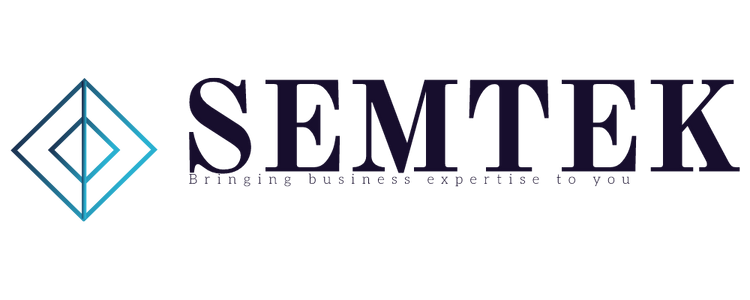Cloud based services is a term that alludes to applications, services or assets made accessible to users on request by means of the Internet from a cloud computing provider’s servers. Companies commonly use cloud-based services as an approach to expand limit, improve functionality or include extra services without committing to conceivably costly infrastructure expenses or increase/train existing in-house support staff.
The competition is very high in the general public cloud space as vendors every regular time drop costs and offers new features. In this blog, we will get to know about the competition between Amazon Web Service (AWS), Microsoft Azure, and Google Cloud Platform (GCP). AWS is competitively so strong then GCP and Azure. Let’s compare 3 of them and get better knowledge about them.
1) Compute
Amazon Web Services (AWS): Amazon Web Services (AWS): it provides Amazon’s basic and core computer services and allows users to arrange virtual machines utilizing either pre-configured or custom machine images. You select the size, power, memory limit, and a number of virtual machines and choose over among different regions and accessibility zones within which to launch. EC2 allows load balancing and auto-scaling. Load balancing distributes loads over instances for good performance and auto-scaling allow the user to automatic scale.
Google Cloud Platform (GCP): Google introduced their cloud computing service in 2012. Google also provides user to launch virtual machine likewise in AWS into regions and availability groups. Google has included its own particular enhancements, similar to load balancing, extended help for Operating Systems, live relocation of Virtual machines, quicker persistence disk, and instances with more cores.
AZURE: Microsoft as well launched their services in 2012 but as just preview but in 2013 they make it generally available. Azure provides Virtual Hard disks which are equal to AWS’s Virtual machines.
2) Storage and Databases
AWS: AWS gives temporary storage that is allotted once an instance is begun and is wrecked when the instance is terminated. It gives Block Storage that is comparable to virtual hard disks, in that it can either be connected to any instance or kept separate. AWS also provides object storage with their S3 service and AWS is fully supporting relational or No SQL database and Big Data.
GCP: Similarly provides both temporary and persistence disk storage. So for object storage GCP has Google cloud storage. Like a big query, table and Hadoop are fully supported.
AZURE: is uses temporary storage option and Microsoft’s block storage option for Virtual machine-based volumes. Azure supports both relational and NoSQL databases and Big Data as well.
3) Pricing Structure
AWS: Amazon web services charge clients by rounding the numbers of hours, so the minimum use is one hour. So its instances can be purchased using any one of three models:
On Demand: Customers pay for what they use.
Reserved: Customers reserve instances for 1 or 3 years with an upfront cost based on utilization.
Spot: Customers bid for the extra capacity available.
GCP: Google cloud platform charges for instances by rounding the number of minutes used, with a minimum of 10 minutes. Google just said that new sustained use pricing for cloud services that offer a simple and flexible approach to Amazon web services instances.
AZURE: Azure charges clients by rounding up the number of minutes used on demand. Azure also offers short-term commitments with discounts.
Conclusion:
Cloud-based services are changing the way different departments purchasing it. Business has a big range of paths to cloud, including infrastructure, applications that are available from cloud providers as services. Youngbrainz InfoTech is providing all solutions for Amazon web services, Google cloud platform, or AZURE so you can find the best services for cloud at the same place.

